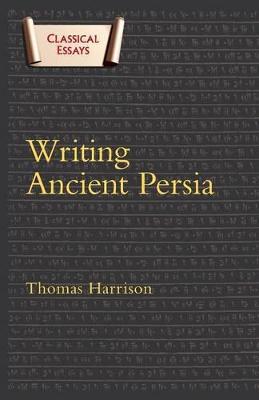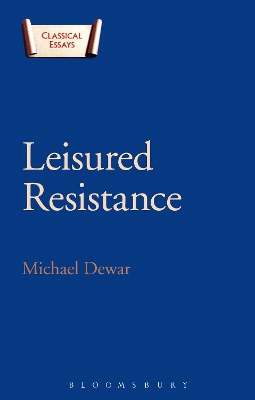Classical Essays
2 total works
The history of the Achaemenid Persian empire has been largely rewritten in the last thirty years by an international group of scholars, inspired partly by new sources of information, but also by a concerted attempt to look at Ancient Persia in its own terms, rather than through the lens of neighbouring societies, and to excise the pejorative bias of the Greek sources. This essay is a critique of this new Achaemenid historiography, concentrating on the difficulties of using Greek sources for the writing of Persian history. It argues that the excising of Greek bias should be seen to be, if possible at all, a much more complex procedure. It then examines two themes in more detail: the representation of the Kings and Queens (in Greek sources and in recent histories of Persia), and the accounts given of the Persian Wars and the conquests of Alexander. It concludes with an analysis of past versions of Persian history, suggesting that there is a much greater degree of continuity between earlier accounts of Persia (often derided as narrowly Hellenocentric or orientalist) and those of the new Achaemenid historiography.
Leisured Resistance examines the varied ways in which cultured Roman aristocrats, of very different periods, used their country estates as a political and literary tool. While for some the villas were retreats in which to compose literature and to escape from politics, others adapted this same tradition of cultured otium (or deliberate retirement from everyday politics) to present radical and competing visions of society and literature alike.
Examining in-depth sources from both prose and verse from the time of Cicero to the last centuries of the Roman Empire in the west, the title demonstrates how the traditional image of the Roman aristocrat on his country estate was politically and socially very flexible: allowing authors, as times and circumstances changed, to present themselves or their patrons and friends as being in retreat from politics, or alternatively, as providing a focus for political opposition through the deliberate embracing of cultural values and schools of philosophy that offered resistance to prevailing political orthodoxy.
The title ends by exploring how this tradition was adapted in the greatly changed world of the barbarian-ruled kingdoms that replaced direct Roman rule in Gaul in the fifth and sixth centuries.
Examining in-depth sources from both prose and verse from the time of Cicero to the last centuries of the Roman Empire in the west, the title demonstrates how the traditional image of the Roman aristocrat on his country estate was politically and socially very flexible: allowing authors, as times and circumstances changed, to present themselves or their patrons and friends as being in retreat from politics, or alternatively, as providing a focus for political opposition through the deliberate embracing of cultural values and schools of philosophy that offered resistance to prevailing political orthodoxy.
The title ends by exploring how this tradition was adapted in the greatly changed world of the barbarian-ruled kingdoms that replaced direct Roman rule in Gaul in the fifth and sixth centuries.

